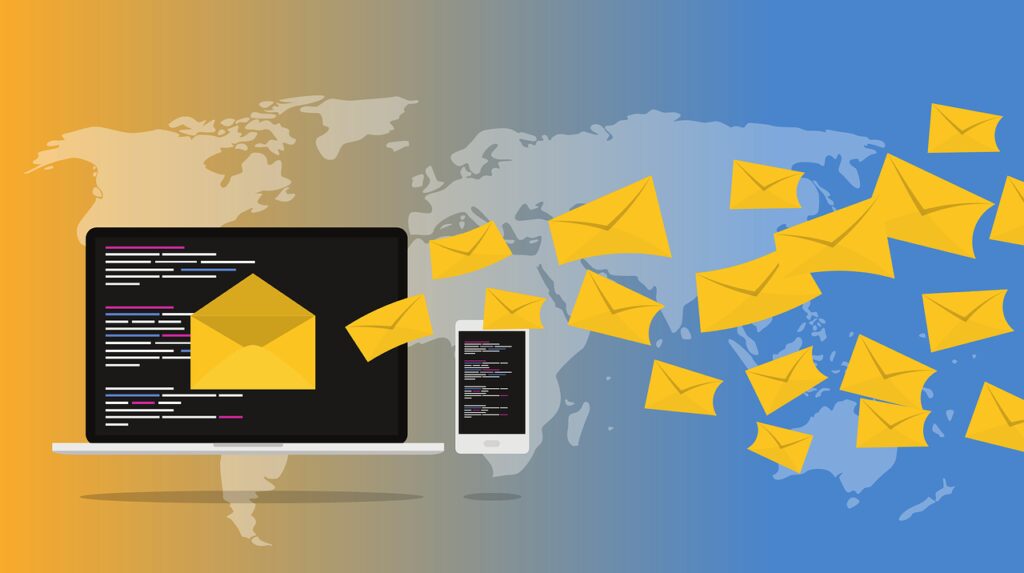Advanced personalization is today an essential lever in digital marketing, enabling companies to create tailored customer experiences that maximize engagement and loyalty. In 2024, this approach has become essential, as consumers expect meaningful, individualized interactions. But what is advanced personalization, and how can it be effectively implemented as part of a marketing strategy?
Understanding Advanced Customization
Advanced personalization goes far beyond simple product recommendations based on previous preferences. It is based on a holistic approach that aims to adapt all aspects of the customer experience based on behavioral, predictive and contextual data. This includes the personalization of content, offers, communication channels and moments of interaction, with the aim of proposing elements perfectly aligned with users' individual needs and expectations.
An emblematic example of advanced personalization is Netflix's approach, which uses sophisticated artificial intelligence algorithms to suggest content based on viewing habits, time of day, and even device used. Similarly, Spotify creates personalized playlists tailored to its users' state of mind, based on their preferences and listening habits.
Key strategies for successful customization
Leveraging Artificial Intelligence (AI) and Machine Learning
AI and machine learning are at the heart of advanced personalization. These technologies make it possible to analyze vast volumes of data in real time and create highly detailed user profiles. For example, Amazon uses machine learning to predict which products a customer might buy based on previous behavior (source: Amazon Personalization). These predictions are extremely accurate, improving the effectiveness of recommendations and user engagement.
Audience Micro-Segmentation
Micro-segmentation is another effective strategy for personalizing the user journey. Rather than targeting large audience groups, the micro-segmentation to divide the audience into highly restricted segments, based on precise attributes such as personal preferences, location and online behavior. This strategy is facilitated by tools such as Segment or HubSpotwhich help create ultra-personalized messages for each segment.
Using Augmented Reality (AR) and Virtual Reality (VR)
AR and VR bring an unprecedented level of personalization to user experiences. Brands such as IKEA are using AR to enable customers to visualize furniture in their homes before purchasing it, giving them an immersive, personalized experience. These technologies not only personalize product recommendations, but also establish a deeper emotional connection with the consumer.
Personalized Omnichannel Marketing
To deliver advanced personalization, companies need to ensure a consistent experience across all touchpoints. This means that every interaction, whether on a website, mobile app, email or even in a physical store, must reflect a precise understanding of the customer's needs. For example, Starbucks uses an omnichannel approach to personalize the customer experience by integrating the mobile app and in-store visits, enabling customers to pre-order drinks that match their personal preferences.
Email personalization and automation
Email remains a crucial channel for personalization. Thanks to marketing automation, companies can send perfectly targeted emails at the right moment in the buying cycle. Platforms such as Mailchimp can be used to segment mailing lists to send product recommendations based on previous purchases, or follow-up e-mails following an abandoned shopping cart.
Benefits and ROI of Advanced Personalization
- Increased commitment Consumers feel valued when the offers and content they receive are relevant and personalized, leading to higher rates of engagement.
- Improving loyalty Users are more likely to return when they have a tailored experience that reflects their preferences.
- Increase Sales and ROI : Personalized offers have much higher conversion rates. According to one study, 80% of consumers are more likely to buy when brands offer personalized experiences.
Challenges and ethical considerations
Although advanced personalization offers many advantages, it also raises ethical issues, particularly in terms of data protection. Companies must comply with regulations such as the RGPD (General Data Protection Regulation) and obtain explicit consent from users for the collection of their information. Transparency is essential to win consumer trust. Brands that fail to meet these requirements risk losing users' trust and incurring legal penalties.
In 2024, advanced personalization has become a mainstay of digital marketing, offering companies the opportunity to stand out from the crowd by creating unique and meaningful customer experiences. To succeed, brands must embrace cutting-edge technologies such as artificial intelligence, machine learning, augmented reality, and marketing automation. However, striking a balance between personalization and privacy is essential to ensure customer trust.











